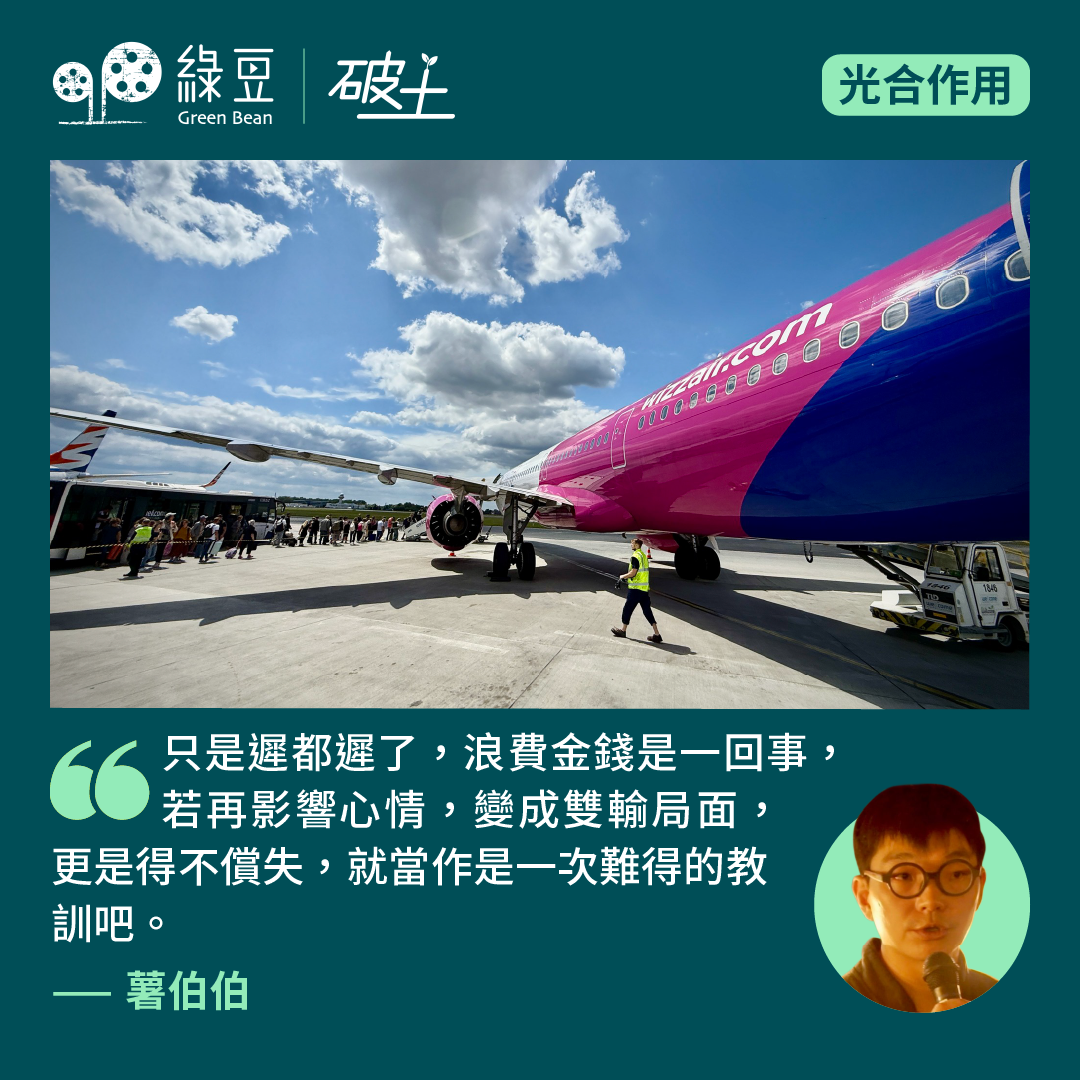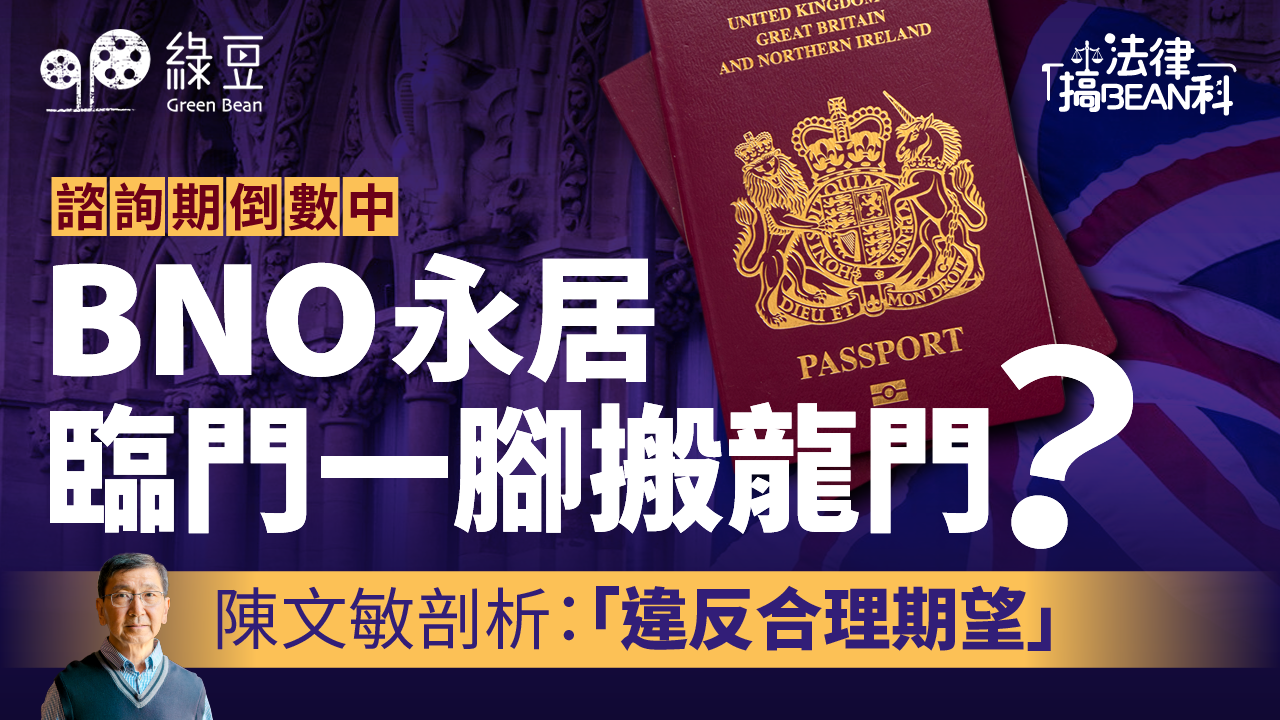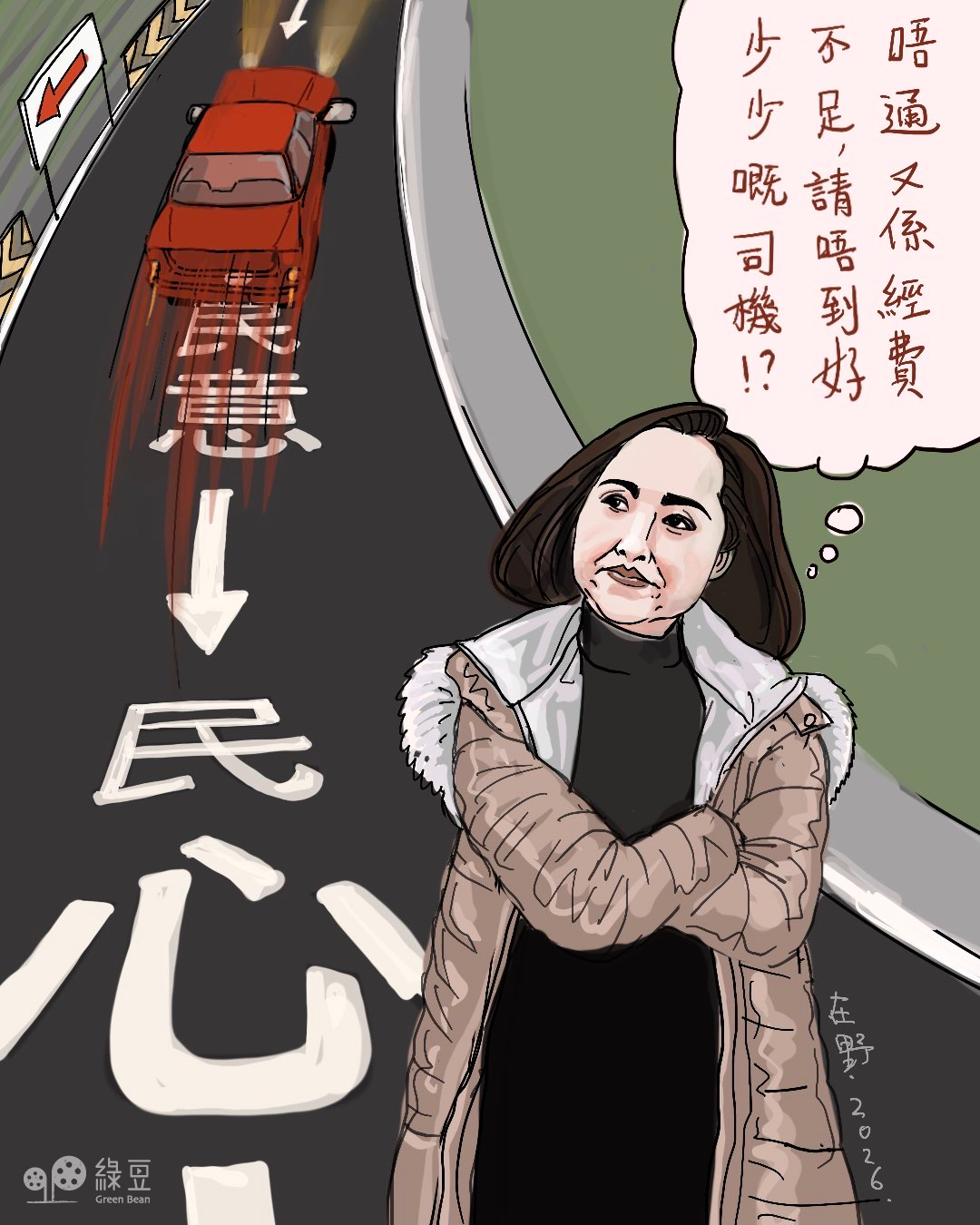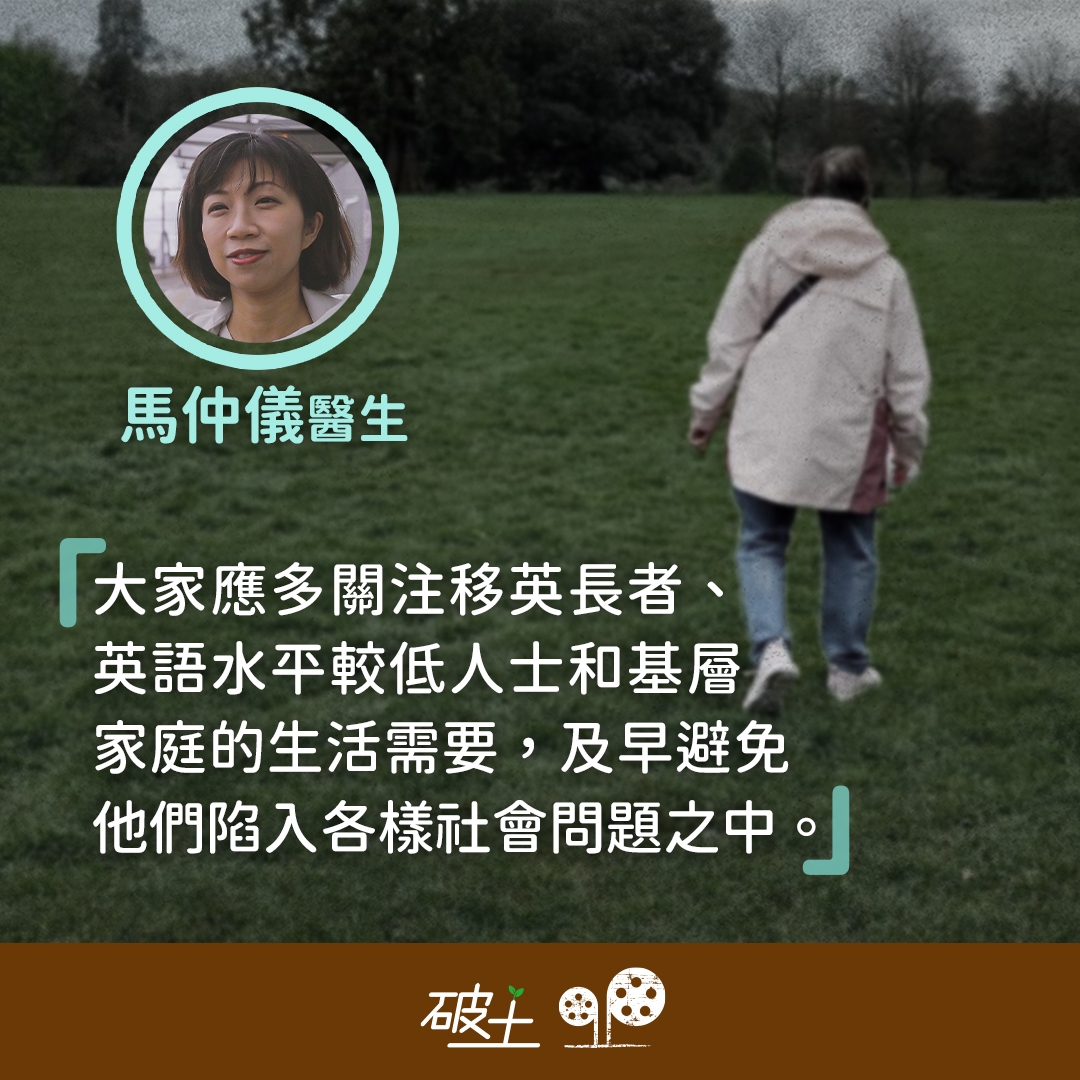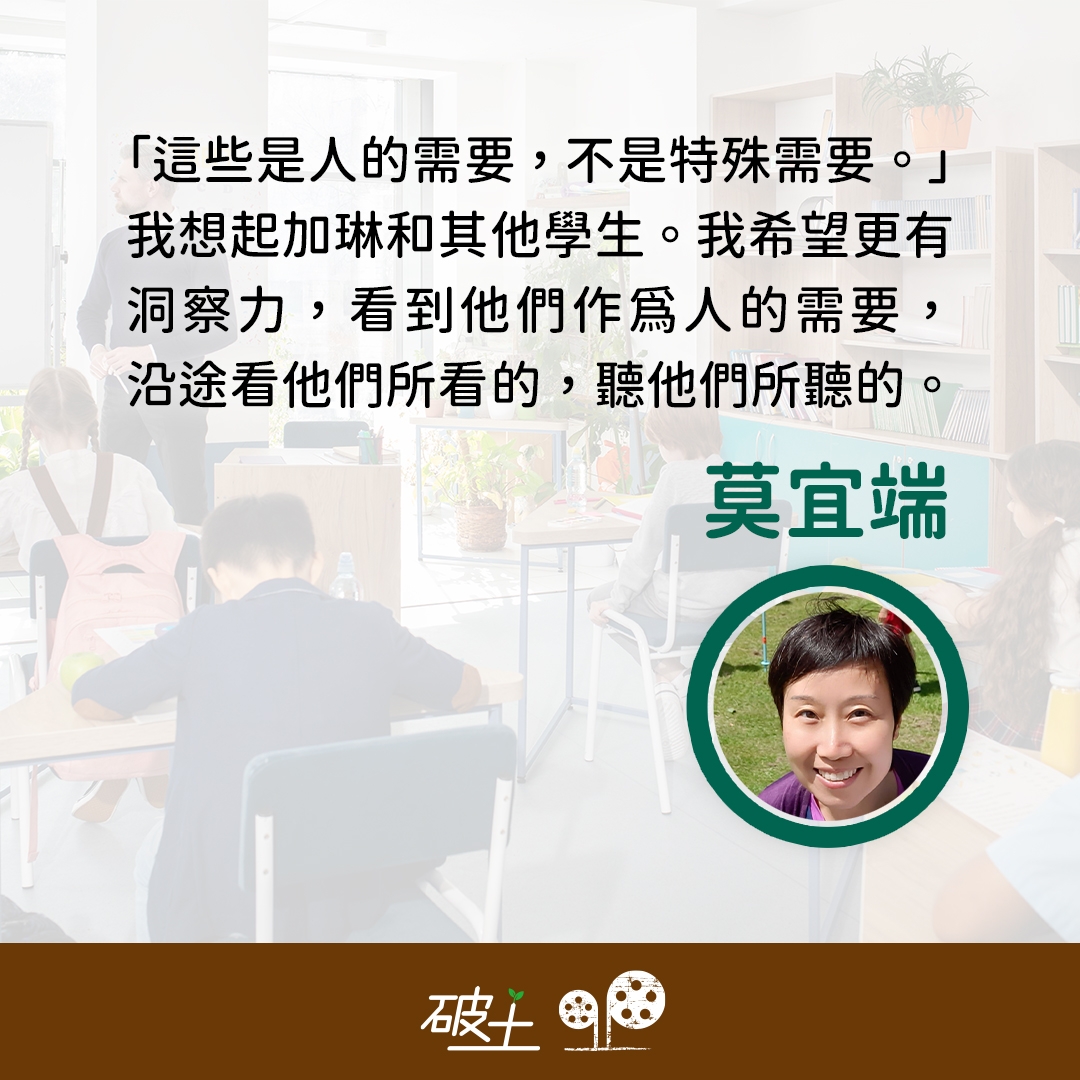Leung raises more questions over talent scheme
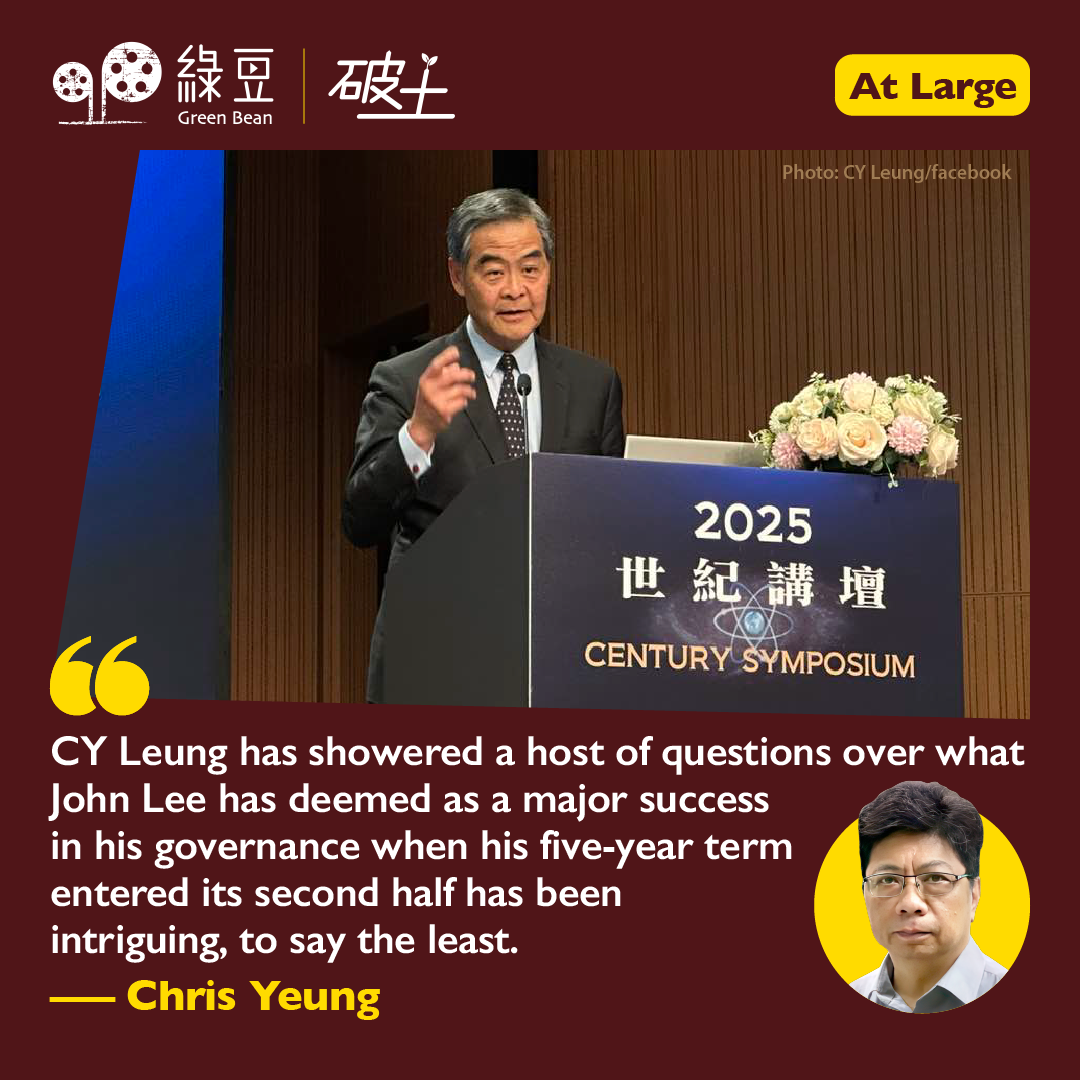
Haunted by a new wave of brain drain triggered by the enactment of a national security law in 2020, Chief Executive John Lee has launched a signature drive to trawl for talents featuring a top talent pass scheme kicked off in late 2022.
With the scheduled renewal of the tailor-made visas nearing, the talent trawling scheme hit headlines last week when it emerged as the subject of fresh questions from one of Lee’s predecessors – Leung Chun-ying.
Casting doubts about the scheme in a series of articles published on his social media platform early this year, Leung launched another round of offensive over the scheme last week.
He raised a list of questions including claims that a certain number of those “talents” who came from the mainland have returned to their homes after they obtained their Hong Kong identity cards (HKID). Leung has said early this year he met with many of them during his visits to the mainland.
A series of talent admission schemes, including the Top Talent Pass Scheme, had been launched since the end of 2022. According to the government, more than 500,000 applications had been received. Of them, 330,000 have been approved and 220,000 people have arrived. Leung has earlier cast doubts about the massive applications being vetted.
Effectiveness of the Top Talent Pass Scheme
The Top Talent Pass Scheme saw the most enthusiastic response. More than 135,000 applications have been received. Of them, more than 80 per cent have been approved. Nearly nine out of ten successful applicants came from the mainland.
On social media, Leung Chun-ying, vice chairman of the Chinese People’s Political Consultative Conference, says the occupancy rate of private residential flats has not changed much in the past five years.
That shows, he argues, most talent and their families did not move to Hong Kong after getting the green light, but they came to obtain HKID cards before returning to the mainland.
In his post, Leung asked a few questions, including “when will these talents come to Hong Kong?” and “what is their demand for social services?”
Leung said the government must consider the issues “objectively” and there cannot be too much uncertainty in the city’s long-term planning.
Lawmaker Shang Hailong, also the founder of Hong Kong Top Talent Services Association, told the media about 30 percent of the top talents and more than 10,000 family members have arrived in the city. Due to the lack of jobs or job mismatch and schooling of their children, Shang said other talents have not yet arrived in the city.
John Lee, who joined Leung’s cabinet as a deputy security minister in 2012, has not directly responded to Leung’s questions about the top talent scheme since he first raised it, leaving it to the labour minister Chris Sun.
In his response to Leung’s latest challenge, Sun wrote on last Friday (Aug 8) that the talent schemes have reversed the downward trend of the size of the manpower force, noting that the working population of the 30-44 age group last year was up by 1.7 percent compared with the corresponding 2022 figure. He did not specifically reply to Leung’s questions including the mainland talent “returnees”.
Make no mistake. Leung wasn’t opposed to the idea of trawling top talents from the mainland and elsewhere, nor questioning the merits of the top talent scheme, at least judging from his articles.
He questioned the vetting procedures and the related issue of effectiveness. And his claims that mainland talents returned to the mainland after obtaining HKID cards, if proved to be valid and common, raise valid questions about the purposes of trawling talents.
Effectively put more pressure on the government
Leung’s barrage of questions about the top talent scheme has not yet been fully answered by the Lee administration, giving more credence to his other challenge concerning the lack of long-term planning in areas such as education, healthcare and housing.
Leung has stopped short of naming names, in particular John Lee.
But his persistent offensive on the top talent pass scheme has effectively put more pressure on the government for it to give more details of the imported talents and to plug abuse over the so-called “examination immigrants.”
Responding to the alleged loopholes, the Education Bureau announced late July starting from the 2028-2029 academic year, children of non-local talent must have stayed in Hong Kong for at least two years before they can claim resident student benefits at publicly-funded tertiary education institutions.
The endgame of Leung’s soft challenge against the top talent pass scheme, if any, is unclear. That he has showered a host of questions over what Lee has deemed as a major success in his governance when his five-year term entered its second half has been intriguing, to say the least.
▌ [At Large] About the Author
Chris Yeung is a veteran journalist, a founder and chief writer of the now-disbanded CitizenNews; he now runs a daily news commentary channel on Youtube. He had formerly worked with the South China Morning Post and the Hong Kong Economic Journal.
